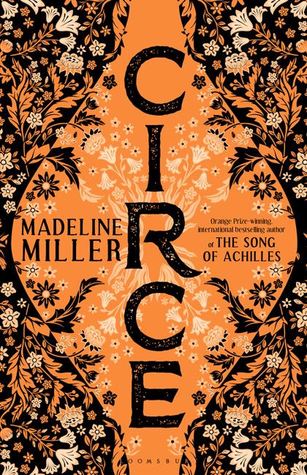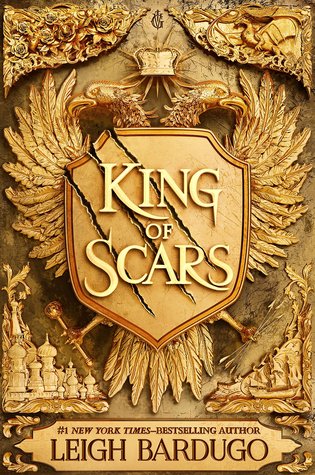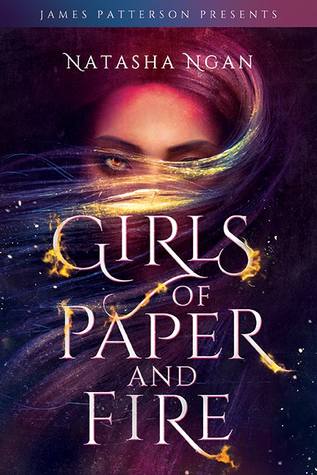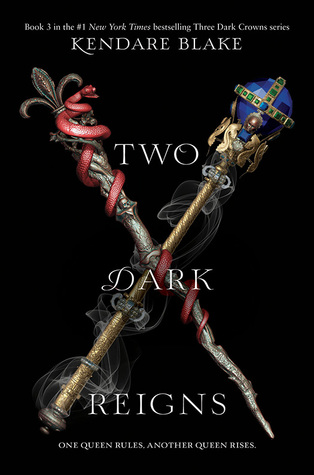
Synopsis:
In the house of Helios, god of the sun and mightiest of the Titans, a daughter is born. But Circe has neither the look nor the voice of divinity, and is scorned and rejected by her kin. Increasingly isolated, she turns to mortals for companionship, leading her to discover a power forbidden to the gods: witchcraft.
When love drives Circe to cast a dark spell, wrathful Zeus banishes her to the remote island of Aiaia. There she learns to harness her occult craft, drawing strength from nature. But she will not always be alone; many are destined to pass through Circe's place of exile, entwining their fates with hers. The messenger god, Hermes. The craftsman, Daedalus. A ship bearing a golden fleece. And wily Odysseus, on his epic voyage home.
There is danger for a solitary woman in this world, and Circe's independence draws the wrath of men and gods alike. To protect what she holds dear, Circe must decide whether she belongs with the deities she is born from, or the mortals she has come to love.
Rating: 🌟🌟🌟🌟
I'm in awe of Madeline Miller. Retellings usually don't appeal to me, but I think Miller
captures the heart of Greek mythology and tells the stories in a way
that fills her audience with the same sense of wonder that the original
myths did a millennia ago. Though the myths have been preserved and
translated through time, I think the writing style is too dated to
accurately convey the same feelings the ancient Greeks experienced. Of
course, I'm sure scholars and lovers of Greek myth would disagree with
me, but for the majority of readers, Greek mythology just isn't
accessible. Through Miller's modern prose, she refreshes all the legends
without diluting the essence of it.
Circe is excellent. Circe's narration throughout the novel is gorgeously written and super feminist. Even when she feels strongly about things, Circe's voice remains just detached enough to convey the eternity that weighs down on her and obscures the passage of time. It really makes Miller's skill as a writer shine. However, no matter how much I respect that writing technique, it did make me enjoy the story less. Circe's distance from everything made all of her experiences hit me less powerfully, and I didn't have the same emotional investment in her and her story as I did Patroclus and Achilles in The Song of Achilles.
The story also dragged a bit for me, even though I understand its intention to show how long Circe's life is. I don't mind slow books, but between the detached narration and wandering plot, it made me feel less invested than I know I could've been. Again, it's the nature of the story Miller set out to tell, so my complaints ultimately come down to personal preference, rather an issue with the novel's quality.
Though I liked Miller's freshman novel The Song of Achilles more, her sophomore novel Circe is undeniably a gem of fantasy and one of the best modern retellings a reader can put their hands on.
Circe is excellent. Circe's narration throughout the novel is gorgeously written and super feminist. Even when she feels strongly about things, Circe's voice remains just detached enough to convey the eternity that weighs down on her and obscures the passage of time. It really makes Miller's skill as a writer shine. However, no matter how much I respect that writing technique, it did make me enjoy the story less. Circe's distance from everything made all of her experiences hit me less powerfully, and I didn't have the same emotional investment in her and her story as I did Patroclus and Achilles in The Song of Achilles.
The story also dragged a bit for me, even though I understand its intention to show how long Circe's life is. I don't mind slow books, but between the detached narration and wandering plot, it made me feel less invested than I know I could've been. Again, it's the nature of the story Miller set out to tell, so my complaints ultimately come down to personal preference, rather an issue with the novel's quality.
Though I liked Miller's freshman novel The Song of Achilles more, her sophomore novel Circe is undeniably a gem of fantasy and one of the best modern retellings a reader can put their hands on.









